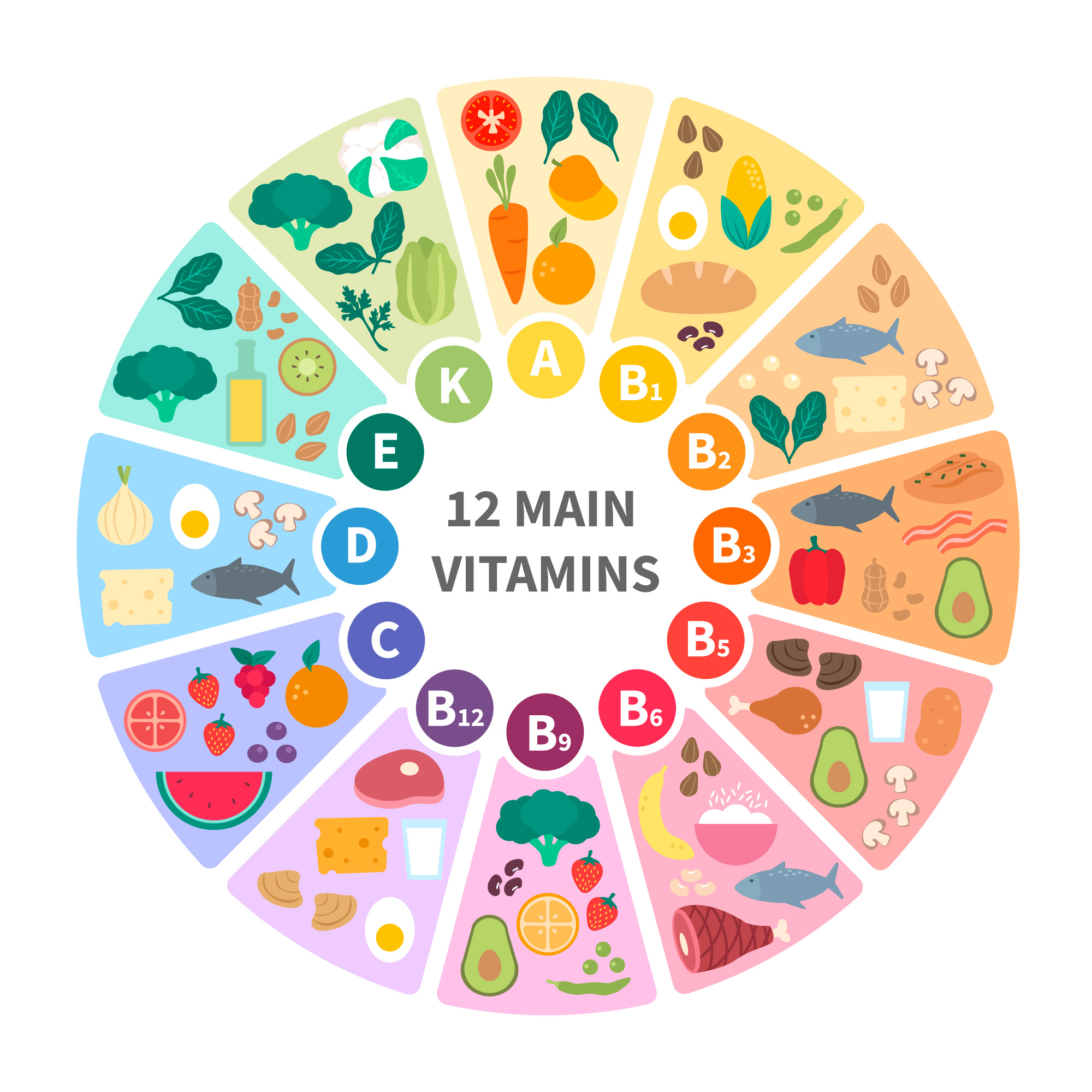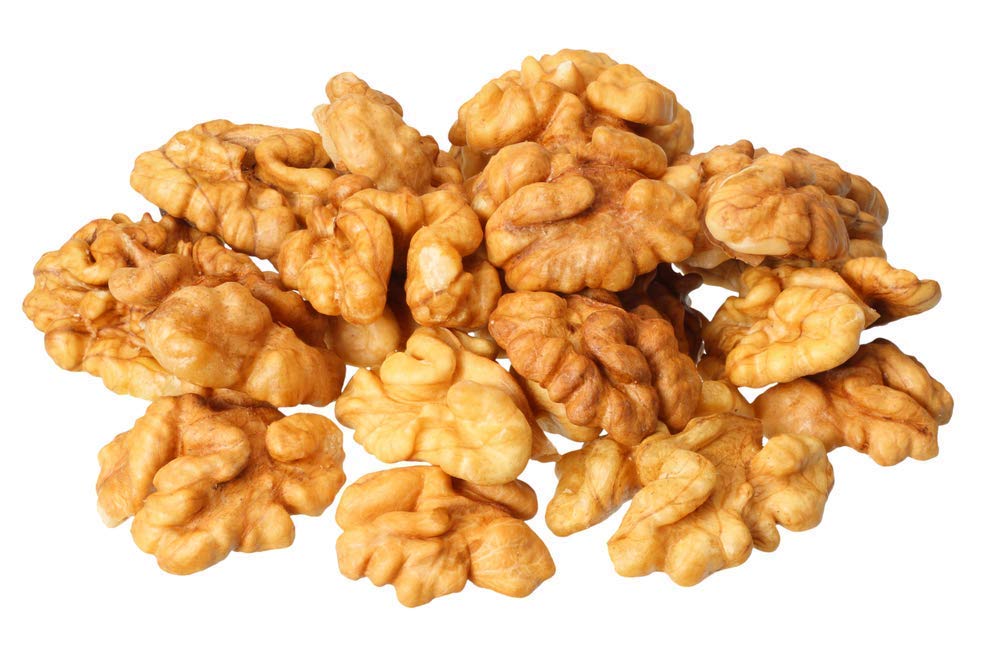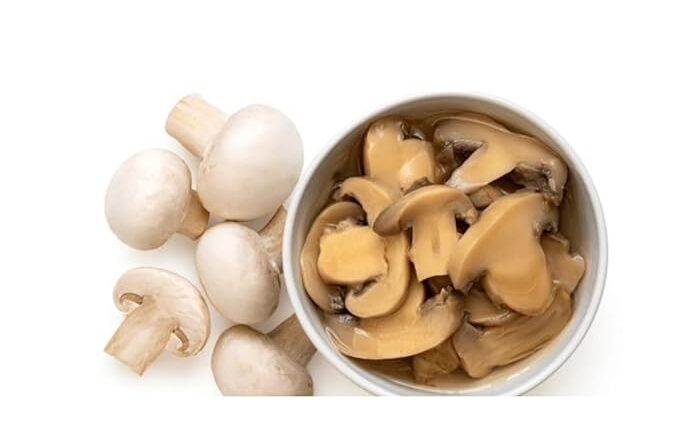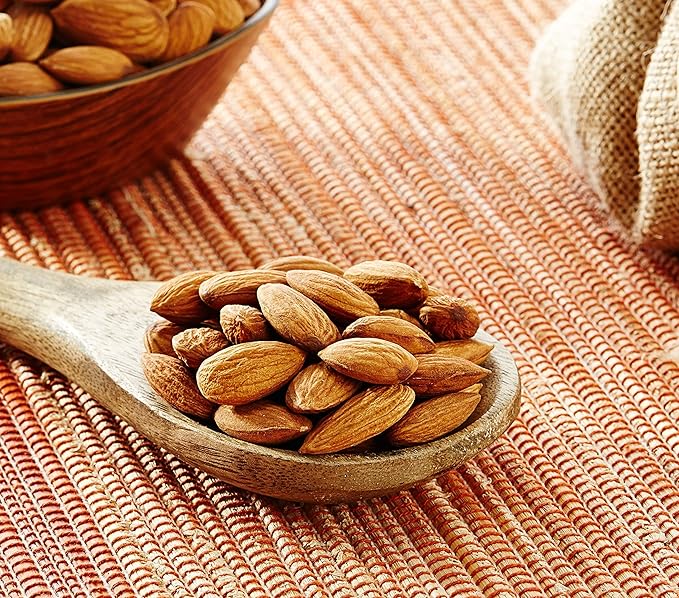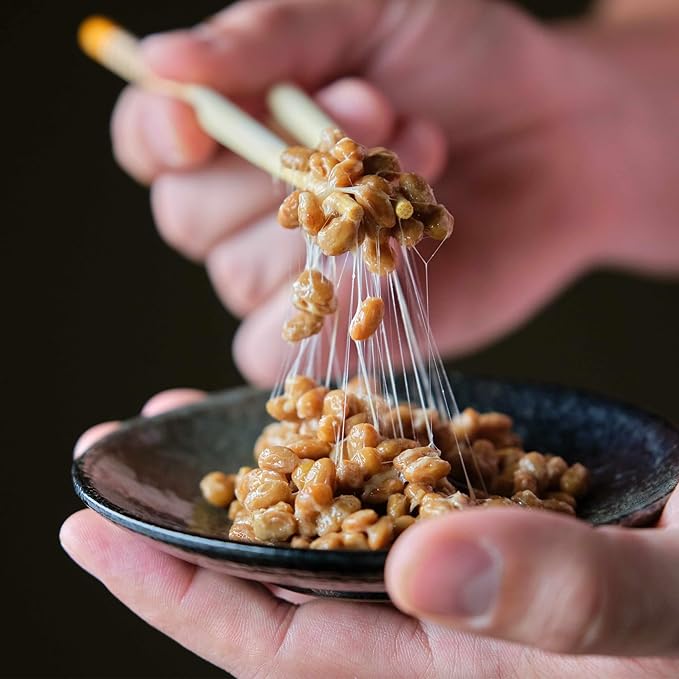Have you ever wondered why some days your energy feels limitless while on others you feel drained for no reason? The secret often lies in vitamin balance. Your body works like a well-tuned orchestra, and vitamins are the instruments. When they’re in harmony, everything sounds beautiful. When one goes missing, the whole tune feels off.
Let’s explore how keeping key nutrients in balance can unlock surprising benefits for your body — from glowing skin to a calmer mind.
Table of Contents
Why Vitamin Balance Matters Every Single Day
Your body doesn’t store all nutrients. Some, like vitamin C, must be replenished daily through food. Some, such as D3, are naturally produced when sunlight touches your skin. When you’re out of balance, you may notice tiredness, frequent colds, or even mood changes.
Consider these nutrients as little switches—turn them on, and your body energizes:
Vitamin Breakdown with Benefits + Food Sources
Vitamin A (Retinoids & Carotenoids)
Types: Retinol, Retinal, Retinoic acid (active forms); Beta-carotene, Alpha-carotene, Beta-cryptoxanthin (provitamin A carotenoids).
Functions: Maintains vision, boosts immunity, supports skin repair, and fights free radicals.
Food Sources:
- You can get retinoids (preformed A) from liver, egg yolks, cheese, butter, and fish oils.
- Carotenoids: carrots, sweet potatoes, spinach, kale, pumpkin, red bell peppers, mango.
Note: retinol is especially abundant in liver.
Vitamin B-Complex
B1 (Thiamine)
- Functions: Converts carbs into energy, supports nerves.
- Food Sources: Whole grains, sunflower seeds, pork, beans.
B2 (Riboflavin)
- Functions: Energy production, antioxidant role.
- Food Sources: Milk, yogurt, almonds, eggs, mushrooms, green veggies.
B3 (Niacin: Nicotinic acid & Nicotinamide)
- Functions: Supports metabolism, DNA repair, lowers cholesterol.
- Food Sources: Chicken, tuna, peanuts, mushrooms.
B5 (Pantothenic Acid)
- Functions: This nutrient helps your body make coenzyme A while also aiding hormone and fatty acid production.
- Food sources: Avocado, chicken, sunflower seeds, eggs, and mushrooms provide these nutrients.
B6 (Pyridoxine, Pyridoxal, Pyridoxamine)
- Functions: Neurotransmitter synthesis, protein metabolism, hemoglobin production.
- Food Sources: Bananas, chickpeas, salmon, poultry, potatoes.
B7 (Biotin)
- Functions: Fatty acid metabolism, hair, skin, and nail health.
- Food Sources: You can get them from eggs, almonds, walnuts, spinach, and sweet potatoes.
B9 (Folate/Folic Acid)
- Functions: DNA synthesis, cell growth, pregnancy health.
- Food Sources: Dark leafy greens, lentils, oranges, asparagus.
B12 (Cobalamin: methylcobalamin, adenosylcobalamin)
- Functions: Aids in red blood cell formation, nerve health, and maintaining DNA.
- Food Sources: Meat, fish, eggs, milk, fortified cereals (vegans need supplements).
Note: vegans strictly need fortified foods or supplements.
Vitamin C (Ascorbic Acid)
Vitamin D (Calciferols)
Types:
D2 (Ergocalciferol – plant-based)
D3– Your body creates vitamin D3 (cholecalciferol) through sunlight exposure, while animal foods provide another source
- Functions: Calcium absorption, bone health, immune function.
- Food Sources: Fatty fish (salmon, mackerel, sardines), egg yolk, fortified milk, sun-exposed mushrooms (shiitake, maitake, portobello).
Note: The easiest way to get D3 naturally is through sunlight.
Vitamin E (Tocopherols & Tocotrienols)
- Types: (Tocopherols & Tocotrienols)
- Functions: It acts as an antioxidant, guarding cell membranes, boosting immunity, and slowing aging.
- Food Sources: Nuts (almonds, hazelnuts), seeds (sunflower seeds), vegetable oils (wheat germ, sunflower, safflower), spinach, broccoli, and avocados.
Note: Tocotrienols, though less common, sink deeper into tissues and may Tocopherols better than tocopherols.
Vitamin K
Types:
K1- You can get K1 (Phylloquinone) mainly from leafy vegetables and plant-based foods.
K2- Fermented foods and gut bacteria naturally provide K2 (Menaquinones – MK-4 to MK-13).
K3- (Menadione): Synthetic form, not commonly used in supplements due to potential toxicity.
- Functions: Blood clotting, bone health (regulates calcium & prevents artery calcification).
- Food Sources:
K1: Think of leafy greens like kale, spinach, broccoli, and parsley as nutrient-packed allies.
K2: Natto (fermented soy), cheese, egg yolk, butter, chicken, fermented dairy.
Note- MK-7 from natto is most bioavailable.
The Hidden Signs of Nutrient Imbalance
Sometimes your body whispers before it screams. Even a slight imbalance may reveal itself through small, often overlooked signs:
- Skin dryness that refuses to improve, no matter the moisturizer
- Brittle nails or hair thinning
- Slow healing after small cuts
- Frequent colds or low immunity
- Brain fog or trouble focusing
If you notice these often, your body may be signaling a nutrient gap.
Vitamin Balance and Your Beautiful Skin
Your skin reflects your internal health. A good nutrient balance makes your complexion radiant, while a deficiency may cause dullness or irritation.
- C promotes collagen, which keeps skin firm.
- E protects from sun damage and dryness.
- A (retinol) helps with cell renewal, keeping skin smooth.
Imagine your skin as a garden. Without the right nutrients, flowers wilt. But with the right mix of nutrients, everything blooms beautifully.
Also Read : Horse Gram for Weight Management
Boosting Energy and Focus Through Key Vitamins
Ever feel your mind running low, needing a quick energy boost? Balanced nutrients can recharge you.
- B are like chargers for your nerves and brain. They help convert food into usable energy.
- D has been linked to mood stability, lowering the risk of feeling “winter blues.”
- C helps reduce stress by lowering cortisol, your body’s stress hormone.
When these essentials are in balance, focus feels sharper and your day flows more smoothly.
How to Maintain Nutrient Balance Naturally
You don’t need fancy supplements to achieve balance. Start with your plate.
- Fruits and veggies: oranges, berries, spinach, and carrots add color and nutrients
- Protein-rich foods: eggs, fish, lean meat, legumes
- Healthy fats: nuts, seeds, avocado, olive oil
- Whole grains: oats, brown rice, quinoa
A simple tip: A colorful plate usually means you’re getting a good variety of nutrients.
Also Read : Sleep Well
Vitamin Balance and Strong Immunity
Your immune system is your body’s shield. These essentials act like reinforcements.
- C Strengthens white blood cells, helping your body ward off infections.
- D supports immune response and lowers inflammation.
- A supports the health of mucous membranes, your body’s initial shield.
Skipping vital nutrients may lower immunity and leave you more vulnerable to sickness.
Also Read : Sugar-Free Life
Lifestyle Tweaks to Support Nutrient Health
Food matters, but lifestyle habits count too. Small everyday tweaks can boost how well your body takes in nutrients.
- Sunlight: Just 10–15 minutes daily helps your body create vitamin D.
- Hydration: Water helps nutrients travel smoothly through your system.
- Movement: Exercise boosts circulation, carrying vitamins to cells faster.
- Stress control: Chronic stress drains B vitamins, so add calming practices like meditation or yoga.
Think of it as not only consuming nutrients but also giving them a stage to shine.
Also Read : 22 Body Heat Hacks
Do You Need Supplements?
Supplements can help if you:
- Follow a restrictive diet (vegan, keto, etc.)
- Live in a region with little sunlight
- Have health conditions that affect absorption
But don’t start blindly. A doctor can guide you with blood tests to check what’s really missing.
Also Read : 14 Foods You Should Never Refrigerate
Common Myths Around Daily Nutrients
❌ “The more vitamins, the better.”
Overdosing can harm your liver or kidneys. Balance is the goal.
❌ “Supplements can replace food.”
Whole foods contain fiber, antioxidants, and nutrients supplements miss.
❌ “Only older people need vitamins.”
Kids, teens, and young adults also benefit from balanced intake.
Also Read : Scrolling Overload
Practical Tips for Everyday Nutrient Balance
- Add fruit with breakfast (orange, kiwi, or papaya).
- Choose whole grains over refined carbs.
- Nuts and seeds make the perfect grab-and-go snack—keep them handy.
- Try “Meatless Mondays” with beans and lentils.
- Grilling fish just a couple of times a week can give your body a healthy dose of omega-3s and vitamin D.
Small, steady habits win over one-off health kicks.
Also Read : How to Take Care of Your Parents
Also Read : The Truth About Sleep Deprivation
FAQs About Vitamin Balance
Can your body get every essential vitamin from diet alone?
Mostly yes, if your diet is varied. But vitamin D often needs sunlight or supplements.
Are multivitamins safe for everyday consumption?
Yes, if taken in recommended doses. But a doctor’s advice is best.
How fast will I notice changes with vitamin balance?
Some benefits, like energy boost, may show in weeks. Skin and hair changes may take longer.
Can kids also have vitamin deficiencies?
Also Read : Detox Your Body
The Takeaway
Nutrient balance isn’t about chasing perfection. Supplying your body with essential nutrients allows you to perform at your best. Nutritious food, sunlight, and healthy habits boost energy, support skin, and strengthen immunity.
Proper nutrition fuels energy, keeps skin glowing, and supports a strong immune system.
Also Read : Hypertension Fix

